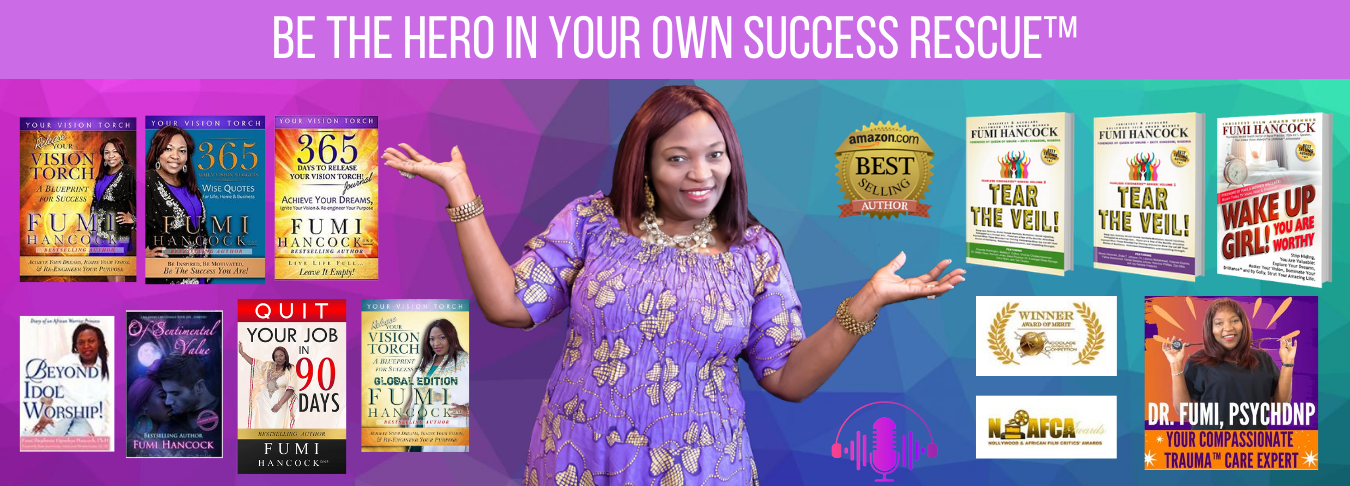 Few people realize this, but you can actually be your OWN life coach. Seriously. You can absolutely coach yourself to success. If you have the time and the self-confidence to look within yourself to work out all the crinkles and issues that are holding you back, you may find this to be a very beneficial way of discovering if coaching is for you.
Few people realize this, but you can actually be your OWN life coach. Seriously. You can absolutely coach yourself to success. If you have the time and the self-confidence to look within yourself to work out all the crinkles and issues that are holding you back, you may find this to be a very beneficial way of discovering if coaching is for you.
Dig Deep and Begin the Search…
One of the main things a life coach will help you do is find out what really drives you, and what you’re really looking to achieve. Too often, we find ourselves following the wrong path or chasing the wrong thing simply because we believe it’s what we want. The truth of the matter is that what we really want can be very different to what we think we want. Whether it’s down to external pressures or expectations, we can really find ourselves off our true track.
This can be a very enlightening search as you may find that all the goals you truly thought you were aiming for are wrong. You may find that decisions you made do not hold up when the cold light of day is shone on them. You have to dig deep to really find out your purpose—so give it a try!
Ask Yourself the Right Questions
While sitting quietly by yourself, ask yourself what you truly want to do. Forget about financial issues, problems with work, or issues with your partner, and ask yourself what you really want to do with yourself. Do you want to do jigsaws? Fight for a place in the Senate? Read books until the end of time? What do you want? When you can put your finger on what you truly want to do, you will find true satisfaction, and you will know where to put the majority of your efforts.
Examine Your Life Carefully
Some people want to get ahead in their careers, start a brand new business, lose that extra weight, become socially acceptable, or become more confident. You need to know what you are aiming for. To do this, it’s important to take a full examination to see where you currently stand.
Everything Is Listening…
Each area of your life is connected. It’s really important for you to take a good look at the overall picture and see how each part works. If you are having a poor home life, it will change the way you work. If you are under pressure to be a certain way, it will change your mood. To really become the powerhouse I know you can be—you have to have a good work-life balance. Too much negativity and you may overdose.
Be a Goal Breaker and a Trend Setter
Once you have an idea about what you want, you can see where you need to make improvements. Now, making an improvement isn’t an overnight thing, so don’t expect it to be. Also keep in mind that most people don’t change—so to make changes is to be a trend setter. Isn’t that wonderful?
At the start, you don’t have to know exactly how you’ll reach your goal, you just have to figure out how to make progress towards your goal. For example—if you want a driving lesson but haven’t even been in a car, you may want to take part in a car journey.
The Pen is Mightier… Always
Try to avoid using computer-based documents and spreadsheets for the goals you want to accomplish. Use a notepad or a diary that can be exclusively used for this process. There is far more power in the handwritten word than the typed word. You will find yourself taking goals more seriously if you write them down.
Express Yourself, Reward Yourself
Yes. We are making changes to our lives—but let’s not become overzealous. It’s important to enjoy life, and reward yourself. A life coach will provide you with encouragement when you’re able to achieve what you set out to achieve.
This positive reinforcement builds confidence and allows you to set your sights higher and higher. Don’t forget to actually pat yourself on the back. It feels good—seriously.
YOUR VISION TORCH Series
Achieve Your Dreams, Ignite Your Vision, & Re-engineer Your Life Purpose
More blog articles at www.yourinneryou.com
Dear Princess Column at: www.sentimentalnursewriter.com
Download your free sample here










